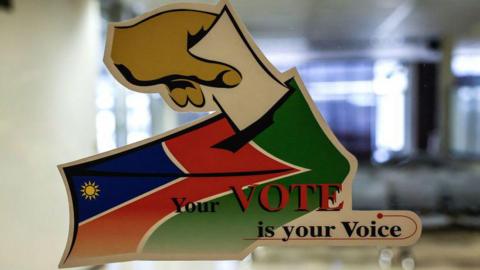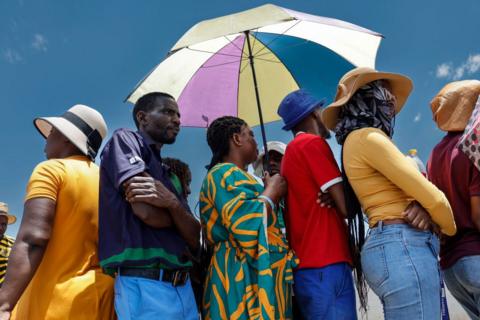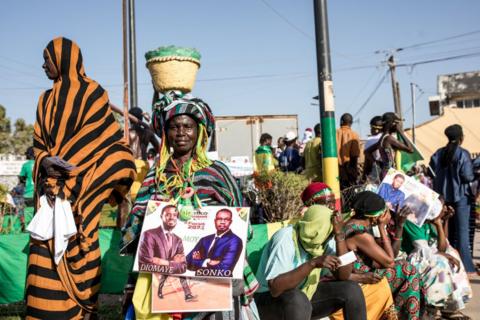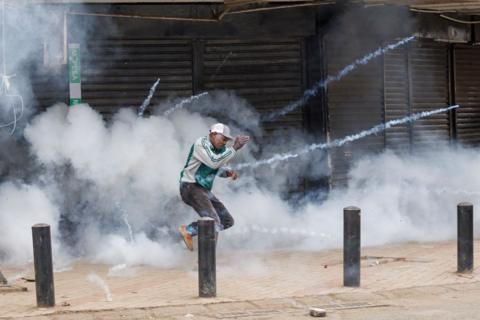Namibia's governing party, Swapo, has retained its hold on power after more than 30 years, however its grip has been loosened - the latest African country where incumbents have had a difficult time this year.
According to official results, Netumbo Nandi-Ndaitwah, the Swapo candidate, won the presidential election with 57% of the vote, becoming the country’s first female leader.
Opposition parties have refused to accept the outcome after the polls were marred by logistical problems and irregularities.
Other important questions that have yet to be answered include how it was possible that Swapo increased its share of the presidential vote when in the parliamentary election it recorded its worst-ever performance, losing 12 of its 63 seats and only just holding on to its parliamentary majority.
Swapo is not alone in suffering a major electoral setback.
This year has been an "annus horribilis" for those governments in sub-Saharan Africa that have had to face voters at the ballot box.
In almost every election held in the region this year under reasonably democratic conditions, the governing party either lost a significant number of seats or lost power completely.
This trend has been driven by a combination of factors:
The trend is likely to continue into 2025.



